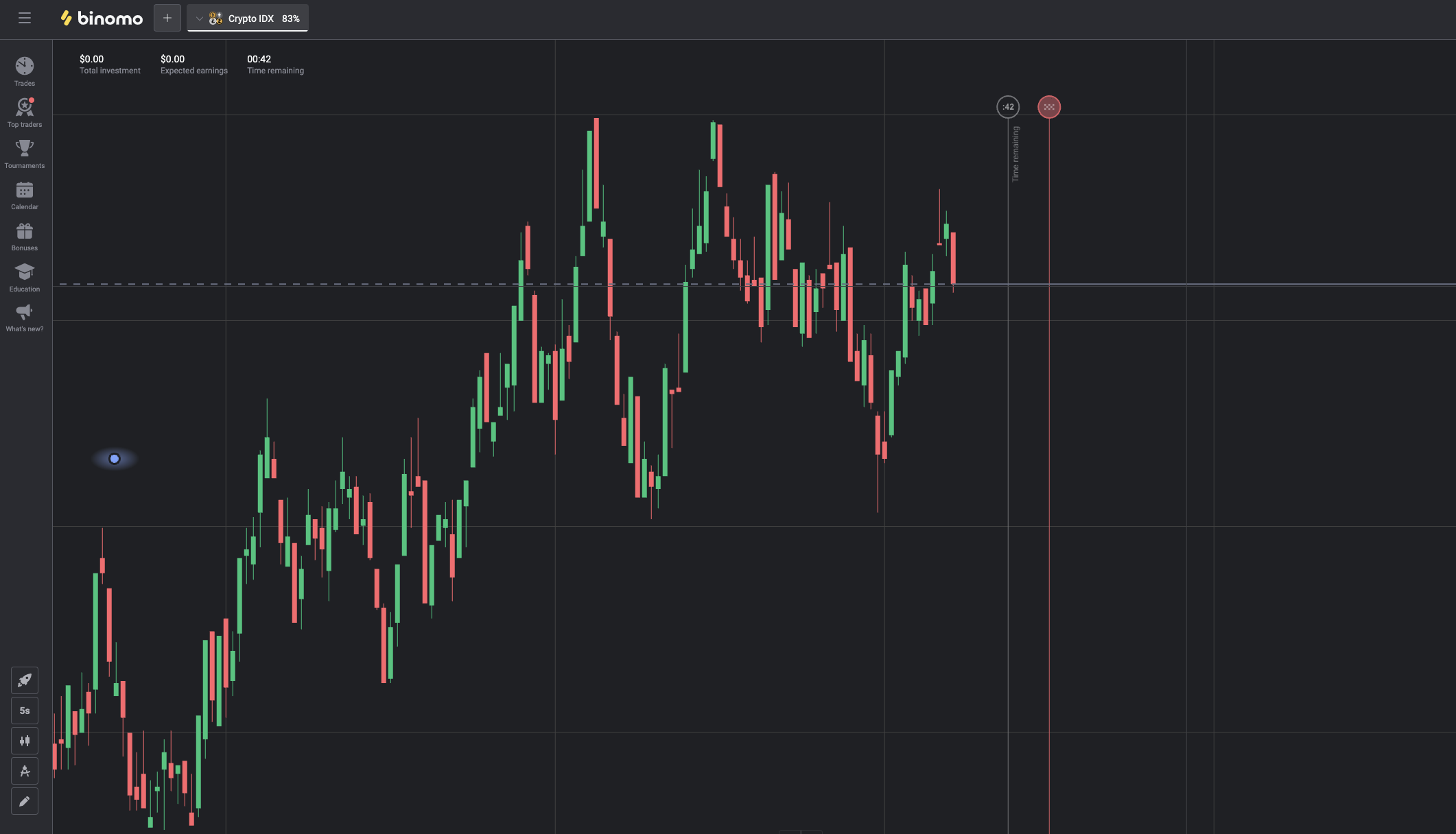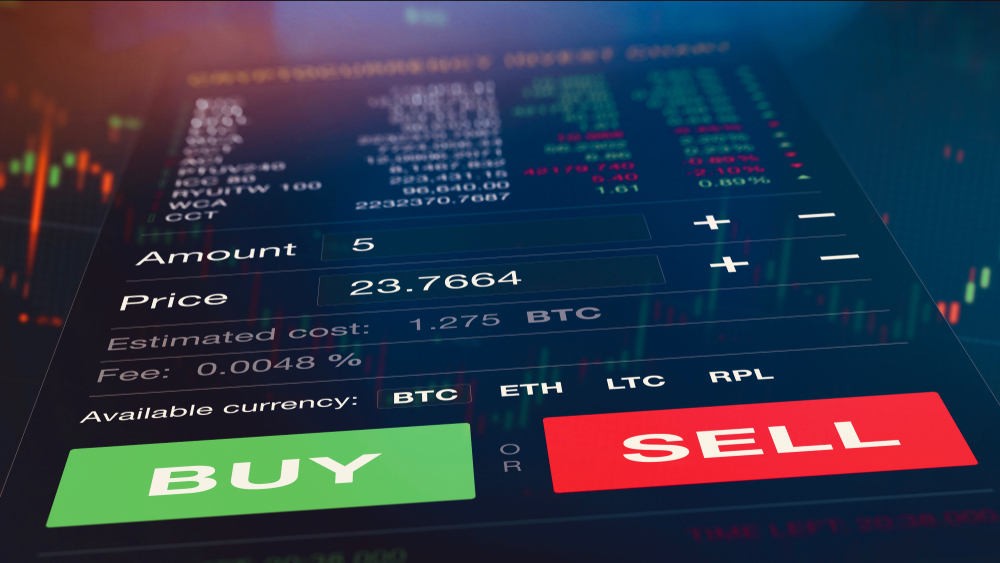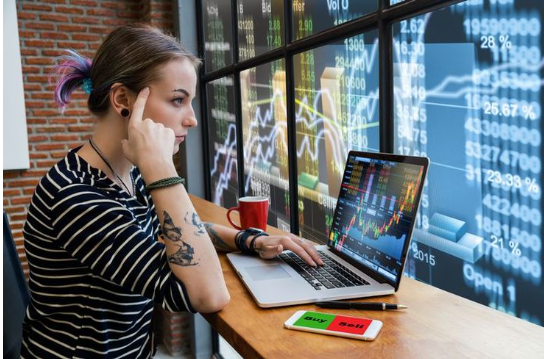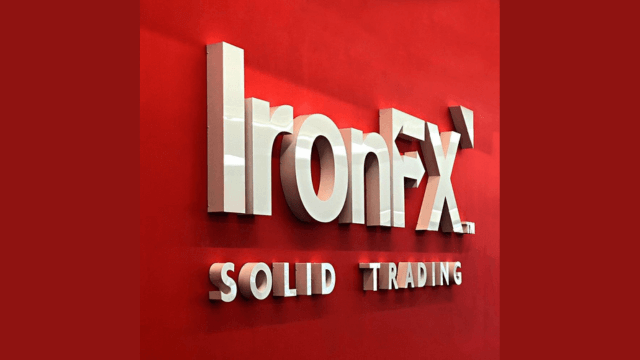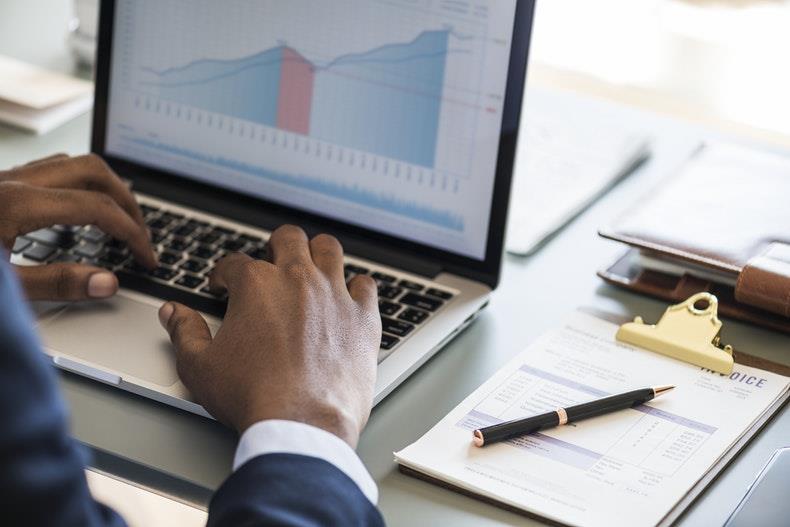What Are Commodities and How Do You Trade Them?
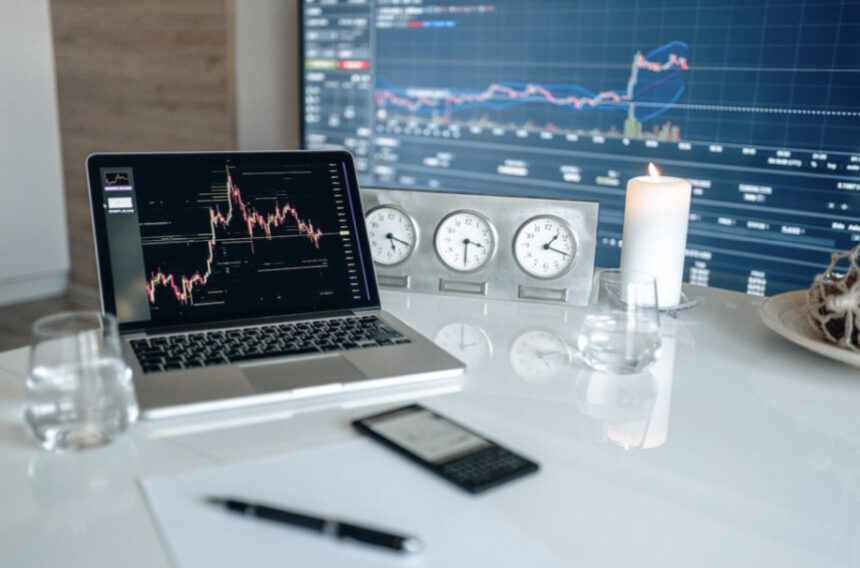
The financial world can be a complex landscape filled with various investment options. One such option is the exciting realm of commodities trading, which involves buying and selling raw materials that form the building blocks of our everyday lives. This article will help you understand commodities and how you can potentially participate in this dynamic market.
What are Commodities?
Commodities are essentially basic goods that are interchangeable and traded in large volumes. They can be broadly categorized into four main groups:
- Energy: This includes crude oil, natural gas, gasoline, and heating oil – all essential for powering our industries and transportation systems.
- Metals: Precious metals like gold and silver, as well as industrial metals like copper and aluminum, play a crucial role in various sectors, from construction and electronics to jewelry and aerospace.
- Agricultural Products: From wheat and corn to coffee and soybeans, agricultural commodities form the foundation of our global food supply chain.
- Livestock and Meat: Cattle, hogs, and live chickens are also traded as commodities, reflecting fluctuations in supply and demand within the meat industry.
The Allure of Gold Trading
Gold, a precious metal prized for its beauty and stability, is uniquely positioned in the commodities market. Often seen as a safe haven asset, gold can act as a hedge against inflation and economic uncertainty, making it a popular choice for investors seeking to diversify their portfolios.
Commodities Brokers: Your Gateway to the Market
Commodities trading no longer occurs in physical marketplaces. Today, it’s conducted electronically through intermediaries known as commodities brokers. These brokers provide a platform for investors to buy and sell contracts for future delivery of commodities, also known as futures contracts.
Understanding Gold Futures
Gold futures contracts are agreements to buy or sell a specific amount of gold at a predetermined price on a particular date. This allows investors to speculate on the future price movements of gold. If they believe the price will rise, they can buy gold futures contracts, potentially profiting if the price increases by the expiry date. Conversely, if they believe the price will fall, they can sell gold futures contracts, aiming to profit from a price decline.
The World of Precious Metals Trading
While gold is popular, the world of precious metals trading extends beyond. Silver, platinum, and palladium are actively traded commodities, each with unique supply and demand dynamics. Understanding these dynamics is crucial for informed decision-making when entering the precious metals market.
Exploring the Next Steps
Commodities trading can be a rewarding yet complex endeavor. Before venturing into this market, it’s essential to conduct thorough research, understand the risks involved, and consider your financial goals. Resources like Orbex offer valuable educational materials and tools to help you navigate the commodities trading world. Consulting with a qualified financial advisor can be a wise step before making investment decisions.
By understanding the basics of commodities, including gold trading and the role of commodities brokers, you can make informed decisions about whether this investment avenue aligns with your financial goals and risk tolerance. So, are you ready to explore the exciting world of commodities trading?

